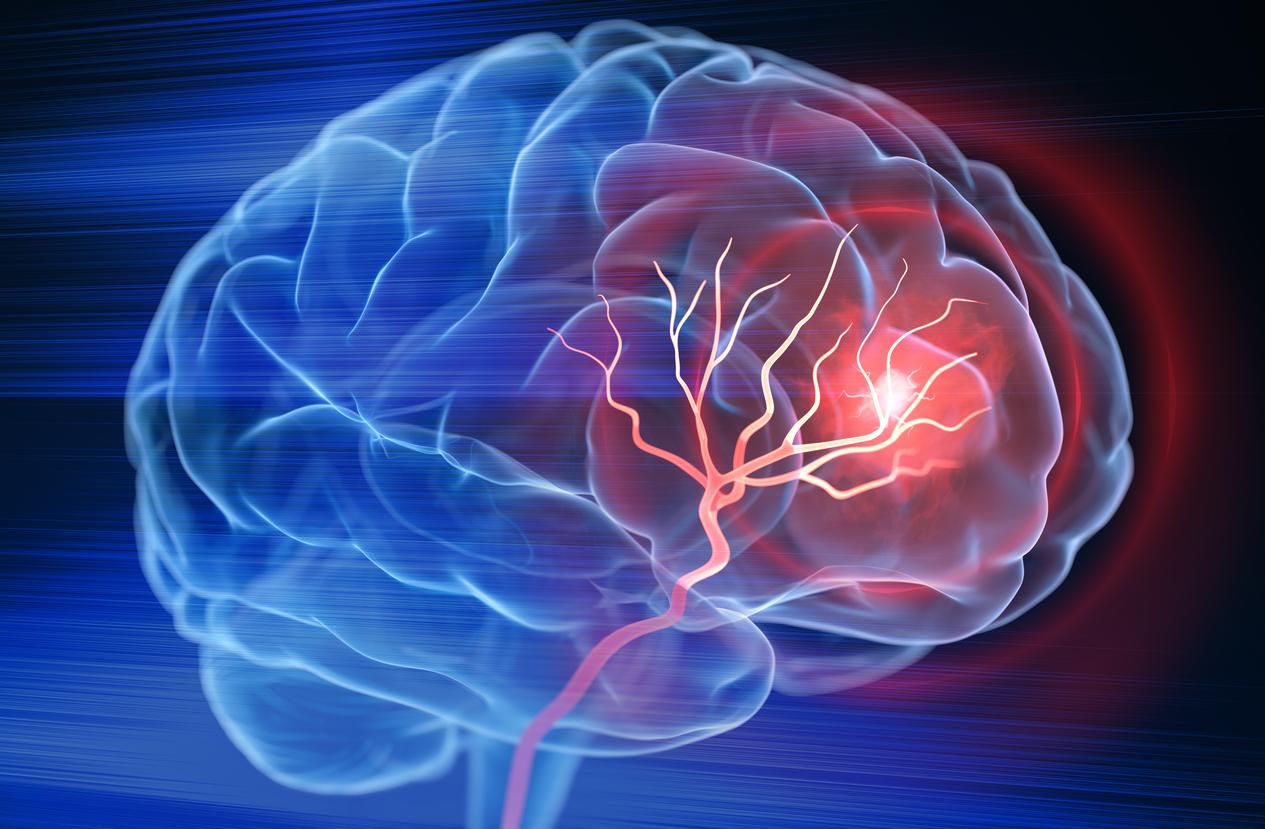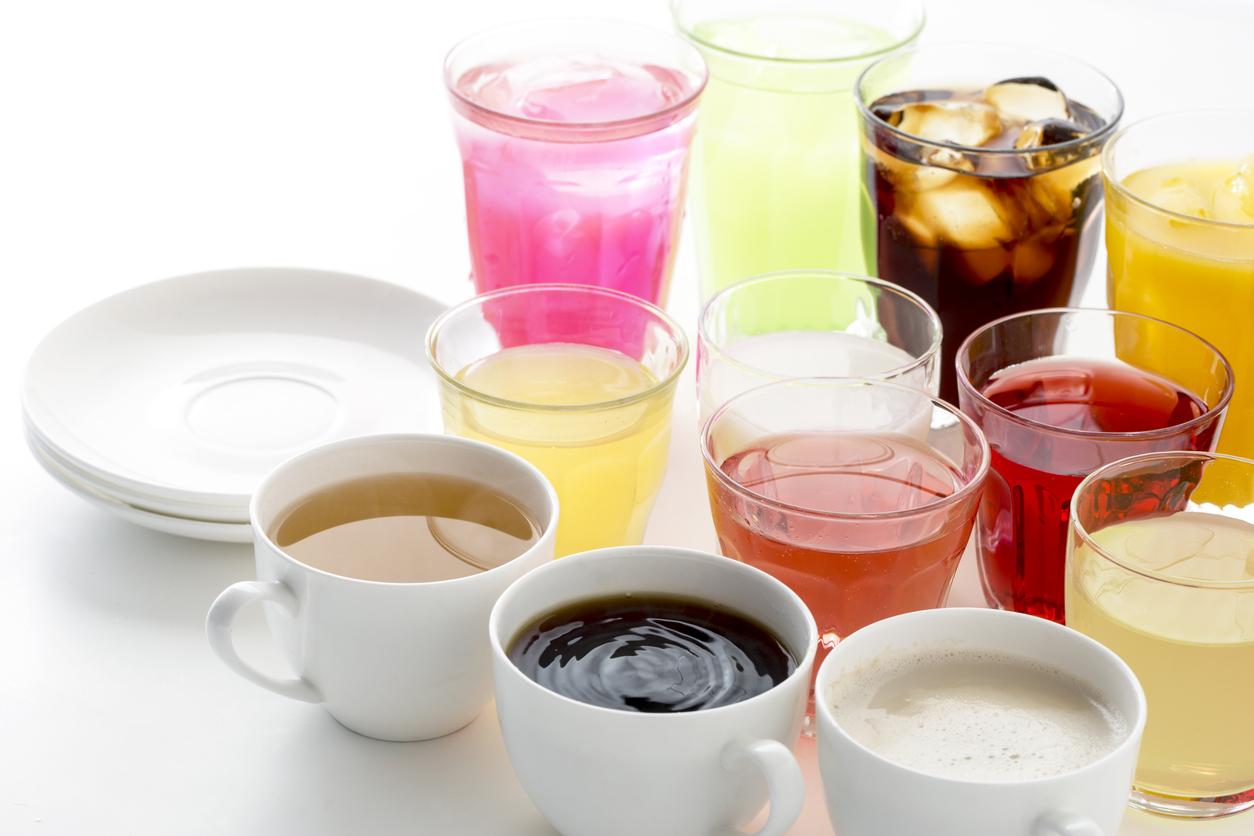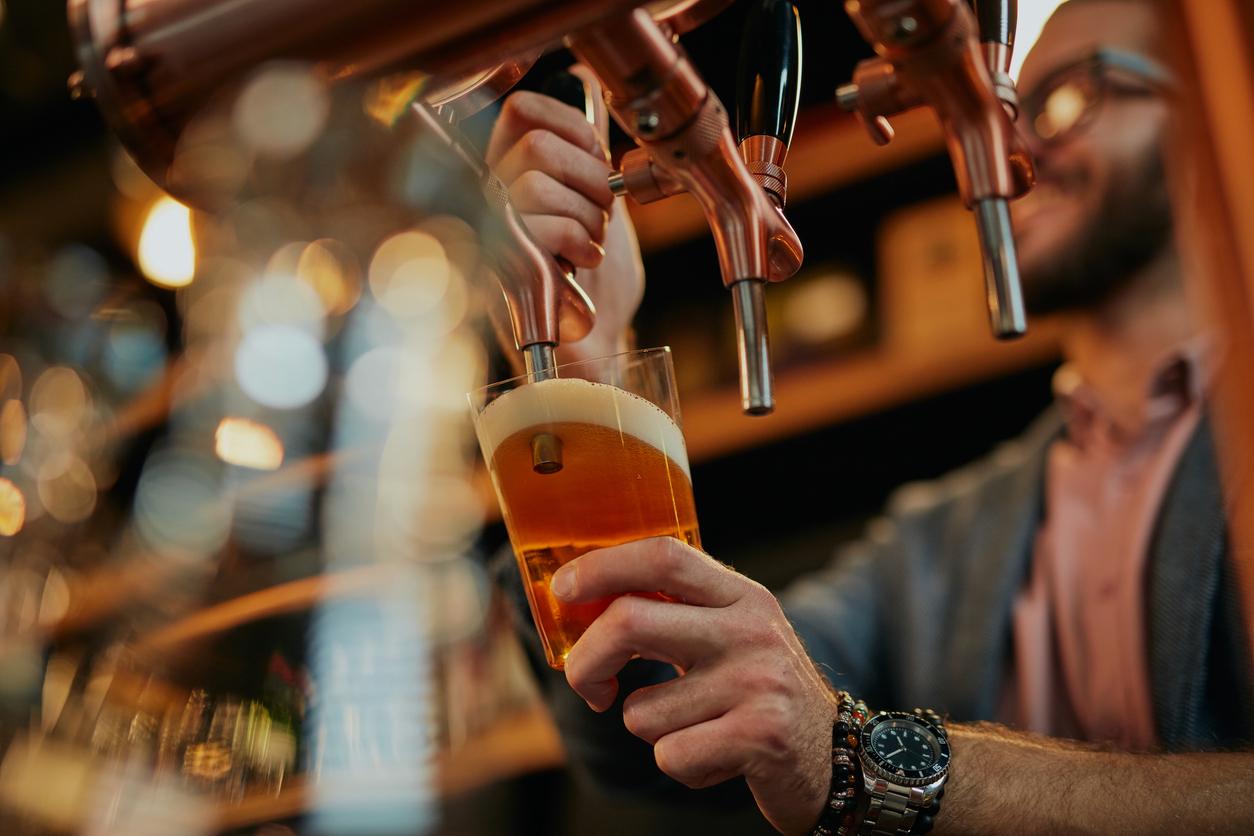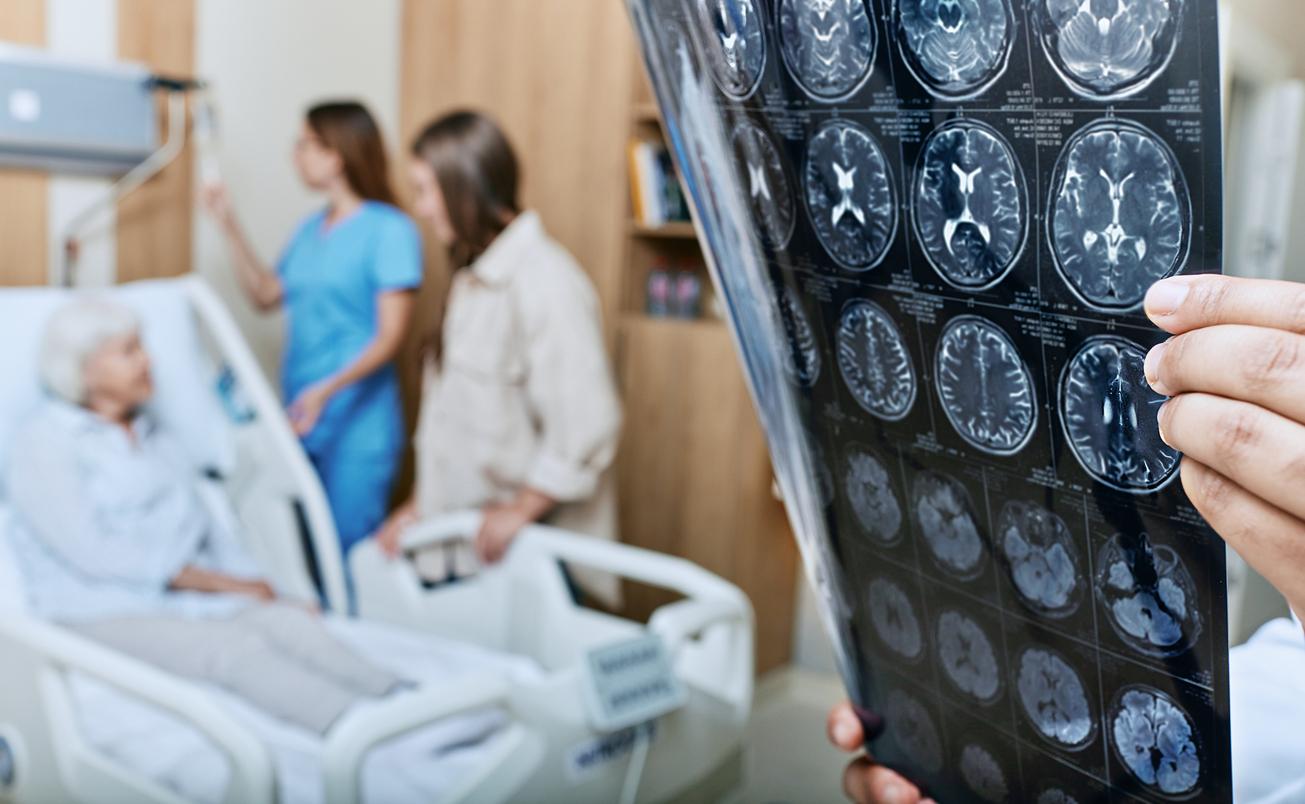A new study reveals that heavy drinkers, even in their 20s and 30s, are more likely to suffer a stroke than those who drink in moderation.

- France remains one of the most alcohol-consuming countries in the world. Its consumption is responsible for 41,000 deaths and nearly 30,000 cancers per year, according to Public Health France.
- The Ministry of Health recalls that 90% of strokes occur because of 10 risk factors determined by lifestyle: smoking, diet, alcohol, lack of sport, stress…
Cancerdiabetes, neurodegenerative disorders, liver disease… We no longer count the dangers of drinking on health. And the list grows as research progresses: according to a new study, excessive alcohol consumption, or more than seven drinks of alcohol per week according to Public Health Francecould also increase the risk of cerebrovascular accident (CVA), including in the youngest, sowing death and causing many disabilities.
“The rate of stroke in young adults has increased dramatically over the past few decades”, warns researcher Eue-Keun Choi, lead author of the study. A stroke can be defined as a sudden loss of one or more brain functions. This is caused by an intracerebral hemorrhage or by the sudden cessation of blood circulation inside the brain, which leads to the death of brain cells. In France, 150,000 people are affected each year by a stroke, one every four minutes, and more than 30,000 succumb to it, mostly women.
Heavy drinkers have more strokes
As part of their work, published in the American medical journal Neurology, researchers from Seoul University, Korea, examined the medical records of 1.5 million people between the ages of 20 and 39, drawn from a national database and followed for an average of six years. Among them, 3,153 had a stroke during the study. In parallel, the scientists asked the participants to declare their alcohol consumption, namely the number of days per week and the number of “standard” glasses drunk each time. Those who raised their elbow at least once a day were considered moderate or heavy drinkers.
Result: heavy drinkers are much more likely to suffer a stroke than people who drink little or no alcohol. And the more regularly you drink over a long period of time, the more the probability increases: people with two years of moderate to heavy drinking behind them have an increased risk of 19%, those with three years of drinking 22%, and those with four 23% years. A few years are enough, according to scientists, hence the interest of better alerting future generations to the scourges of alcohol.
90% of strokes are attributable to lifestyle
“Given that more than 90% of the overall burden of stroke can be attributed to potentially modifiable risk factorssuch as alcohol consumption, and that stroke in young adults has a serious impact on the individual and society by limiting their activities during their most productive years, reducing alcohol consumption should be emphasized as part of any prevention strategy”explains researcher Eue-Keun Choi, lead author of the study, in a communicated.
While drinking alcohol is never safe, health authorities have established, since 2017, a threshold to limit the risks: 10 glasses of alcohol maximum per week, or two glasses per day, and not every day. After the age of 65, it is recommended not to exceed one drink per day, because the body tolerates alcohol less well. But the best thing for the brain is to touch it as little as possible.


















